- myFICO® Forums
- Types of Credit
- Credit Cards
- Re: Why every person should have BCP if you can ge...
- Subscribe to RSS Feed
- Mark Topic as New
- Mark Topic as Read
- Float this Topic for Current User
- Bookmark
- Subscribe
- Mute
- Printer Friendly Page
Why every person should have BCP if you can get approved...
Is your credit card giving you the perks you want?
Browse credit cards from a variety of issuers to see if there's a better card for you.
- Mark as New
- Bookmark
- Subscribe
- Mute
- Subscribe to RSS Feed
- Permalink
- Report Inappropriate Content
Re: Why every person should have BCP if you can get approved...
@jlfce1 wrote:
I was just wondering if the break even was your point. I did this math too before applying and I ended up going with the BCE because I would break even as my grocery spending is all I will be using my BCE and I don't spend a lot monthly so I was more interested in getting the 3% back instead of breaking even.
Right, but as I said in my earlier post, don't confine "supermarket" spending to "grocery" spending. Gift cards allow this to expand to many other areas.
- Mark as New
- Bookmark
- Subscribe
- Mute
- Subscribe to RSS Feed
- Permalink
- Report Inappropriate Content
Re: Why every person should have BCP if you can get approved...
@Anonymous wrote:
@parakleet wrote:
@scenery_guy wrote:Perhaps some people value airline miles or hotel points greater than cash back? Personally I would rather have SPG points on groceries - not that I shop for that much.
+1 While I agree that if you're going to get a Blue Cash card for groceries/gas, the BCP is a better card, what card someone should have really depends on whether you're chasing cash or points.
Yes, my response was more "Get BCP rather then BCE" (my new holy war since so many seem to be getting BCE) , getting some different card is obviously a better choice for many
Lol. I support your cause. ![]() FYI - I love my BCP.
FYI - I love my BCP.

Gardening since 7/16/14
Current: EQ 711 7/13/14; EX 724 TU 721 6/19/14
Goal: 760+
- Mark as New
- Bookmark
- Subscribe
- Mute
- Subscribe to RSS Feed
- Permalink
- Report Inappropriate Content
Re: Why every person should have BCP if you can get approved...
@jlfce1 wrote:
I was just wondering if the break even was your point. I did this math too before applying and I ended up going with the BCE because I would break even as my grocery spending is all I will be using my BCE and I don't spend a lot monthly so I was more interested in getting the 3% back instead of breaking even.
Thats actually what makes the difference between you and I for a single person i dont think they will need to spend $2500 in groceries i dont at least so BCP works out better as it gives me a better percentage with spending less and still breaking even but as others said BCE limits you while BCP allows the purchase of Gift Cards that can go toward even more CB so overall i think the BCP would be worth it even in your case for those last minute gifts or to just pick up some gift cards..
Current Cards
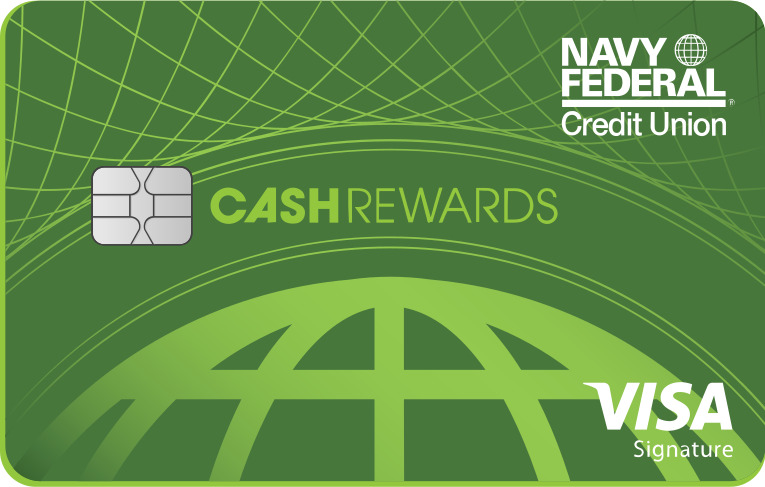
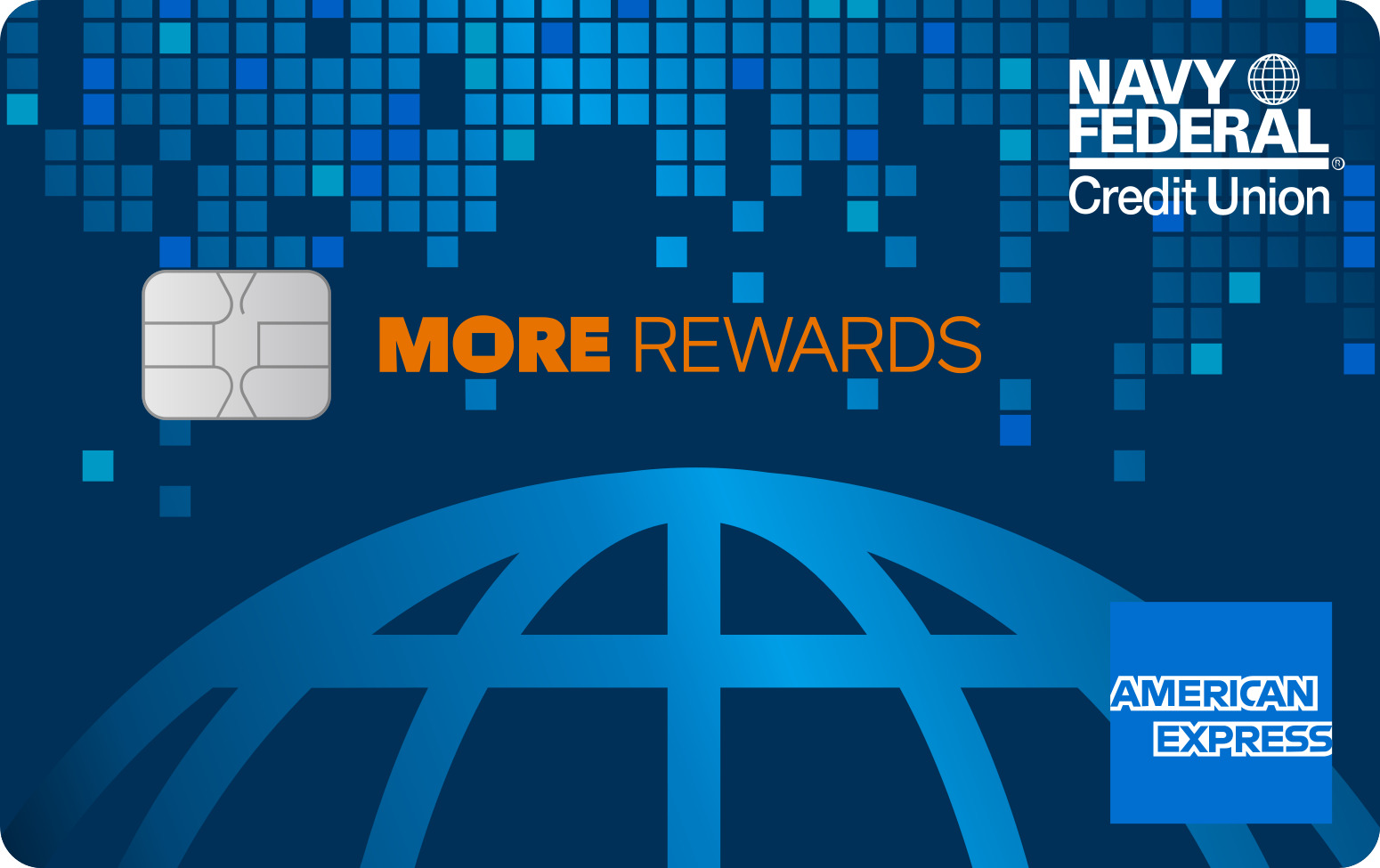
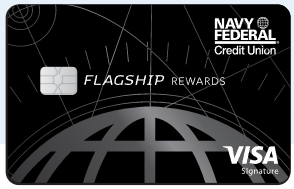
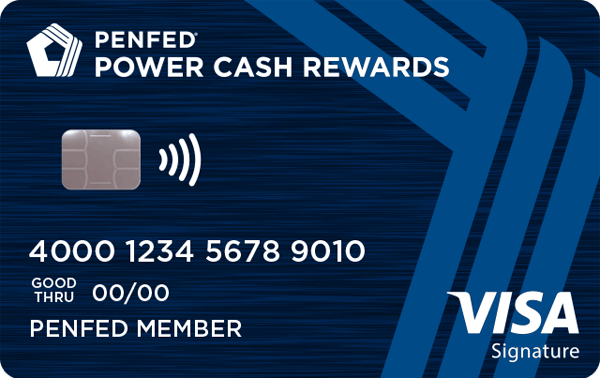
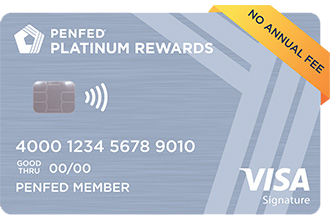

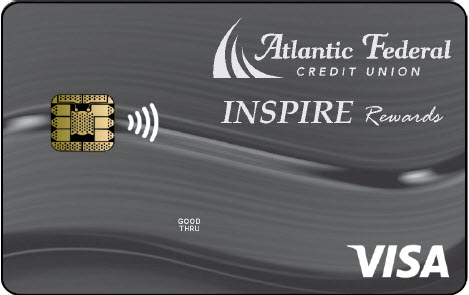
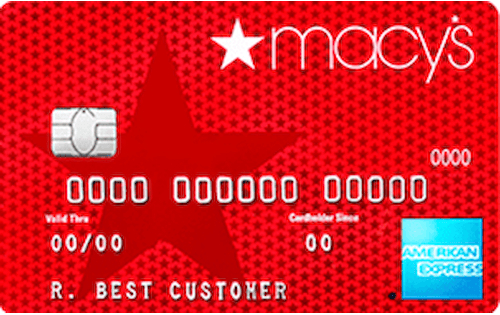
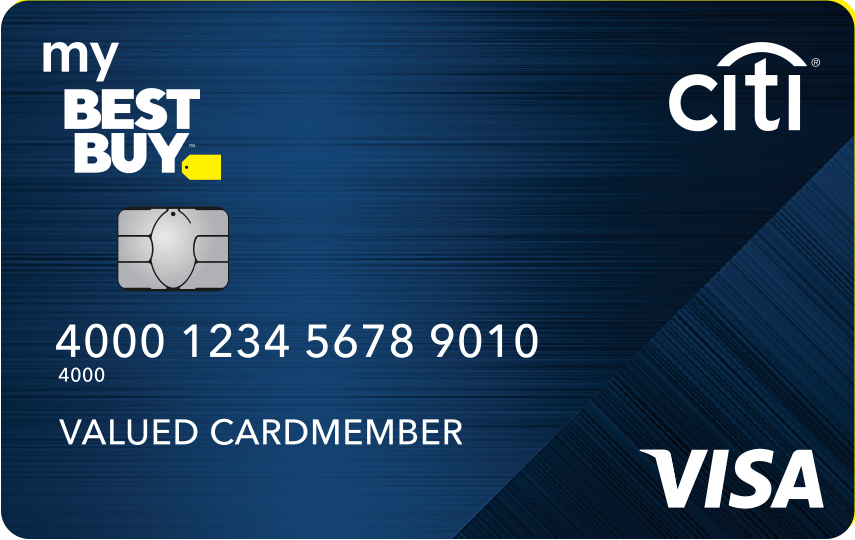
- Mark as New
- Bookmark
- Subscribe
- Mute
- Subscribe to RSS Feed
- Permalink
- Report Inappropriate Content
Re: Why every person should have BCP if you can get approved...
To be clear, BCE of course also allows the purchase of gift cards, and if you already have the BCE, and are not spending $6K on groceries, buying gift cards (that you plan to use of course!) is a good thing to do. This gives you 3% rather than 6%, which is still worthwhile.
Note I don't mean use gift cards for gifts!
Bottom line is either card maximizes rewards when you spend $6K a year. Some people don't spend that much on food. The gift card point is to show how much easier it is to get near that figure. At my supermarket, there are cards for some outdoorsy Big Store (e.g. Land's End, REI, EMS, Dick's Sporting Goods). If I buy from those stores with a cash-back credit card, I am unable to do better than 2% cash back. If I use my BCP to buy the card (which usually have no additional charge) I can buy the stuff effectively getting 6% back, up to the $6k limit.
- Mark as New
- Bookmark
- Subscribe
- Mute
- Subscribe to RSS Feed
- Permalink
- Report Inappropriate Content
Re: Why every person should have BCP if you can get approved...
@Anonymous wrote:To be clear, BCE of course also allows the purchase of gift cards, and if you already have the BCE, and are not spending $6K on groceries, buying gift cards (that you plan to use of course!) is a good thing to do. This gives you 3% rather than 6%, which is still worthwhile.
Note I don't mean use gift cards for gifts!
Bottom line is either card maximizes rewards when you spend $6K a year. Some people don't spend that much on food. The gift card point is to show how much easier it is to get near that figure. At my supermarket, there are cards for some outdoorsy Big Store (e.g. Land's End, REI, EMS, Dick's Sporting Goods). If I buy from those stores with a cash-back credit card, I am unable to do better than 2% cash back. If I use my BCP to buy the card (which usually have no additional charge) I can buy the stuff effectively getting 6% back, up to the $6k limit.
ah thanks for clearing that up for me so both cards are nearly the same just the difference is the percentage... making the true difference being a person that doesnt use the card and a person does use the card....which sounds a bit confusing but to explain what i mean : I;m saying the person that doesnt decide to use the card 6 months out the year and doesnt spend much VS the person that actively uses it.... spends a substantial amount which ultimately the person who doesnt use it much will want to not pay an AF while a person who does use it alot will want the extra percentage and want to have that pay his AF and more... That about sums it up correct?
Current Cards









- Mark as New
- Bookmark
- Subscribe
- Mute
- Subscribe to RSS Feed
- Permalink
- Report Inappropriate Content
Re: Why every person should have BCP if you can get approved...
That's a good point with purchasing gift cards for yourself on things you need. I will definitely keep that in mind for the future. Right now I'm limiting myself on spending outside of necessities since I'm saving everything to purchase a house, hopefully in June! But, I will really think about converting afterwards if these things still are offered in a year!
- Mark as New
- Bookmark
- Subscribe
- Mute
- Subscribe to RSS Feed
- Permalink
- Report Inappropriate Content
Re: Why every person should have BCP if you can get approved...
You also have to remember thier is another version of BCE 5/5/5 with min 6k spend which they offered still but was hidden in plain sight. I got this version in Jan charged my tuition on it ,and I am now sitting at 5% GAS , 5% GROCERY AND 5% drug stores for rest of the year.
TU 715 No apps to 05/13 cash+ 5/13!!! 738 TU CSP April 13!!!CSP approved May 13!!!

- Mark as New
- Bookmark
- Subscribe
- Mute
- Subscribe to RSS Feed
- Permalink
- Report Inappropriate Content
Re: Why every person should have BCP if you can get approved...
@toppers555 wrote:You also have to remember thier is another version of BCE 5/5/5 with min 6k spend which they offered still but was hidden in plain sight. I got this version in Jan charged my tuition on it ,and I am now sitting at 5% GAS , 5% GROCERY AND 5% drug stores for rest of the year.
yes i see this one its called Blue Cash right but doesnt this only fits a person who has 6.5K to spend as soon as they get the card in your case your tuition ...because if i read it correctly in order to reap the 5% rewards you have to first meet a minimum spent amount of $6.5K and then Everyday Purchases are 5%
Current Cards









- Mark as New
- Bookmark
- Subscribe
- Mute
- Subscribe to RSS Feed
- Permalink
- Report Inappropriate Content
Re: Why every person should have BCP if you can get approved...
Shaun2009 said:
ah thanks for clearing that up for me so both cards are nearly the same just the difference is the percentage... making the true difference being a person that doesnt use the card and a person does use the card....which sounds a bit confusing but to explain what i mean : I;m saying the person that doesnt decide to use the card 6 months out the year and doesnt spend much VS the person that actively uses it.... spends a substantial amount which ultimately the person who doesnt use it much will want to not pay an AF while a person who does use it alot will want the extra percentage and want to have that pay his AF and more... That about sums it up correct?
I think this is over-analysis! Simply, DON'T get BCP if you spend less than $1,250, you lose money. If you spend less than $2,500, BCE is better. From $2,500 to $6K, BCP is better. Again, the only point for bringing up gift cards for non-grocery spending is to remind people it is easy to meet the > $2,500 threshold, which is why BCP wins.
(If you take into account gas, the BCP vs BCE threshold is lower, but there are better cards for gas than either of these)
The Blue Cash card needs more careful analysis of spending, to make sure that the increased rewards (including categories not covered by BCP/BCE) over $6.5K make up for the lower rewards on the initial $6.5K. But for heavy spenders in the rewards categories, and those willing to risk manufactured spend at drug stores/supermarkets, Blue Cash is going to win usually
- Mark as New
- Bookmark
- Subscribe
- Mute
- Subscribe to RSS Feed
- Permalink
- Report Inappropriate Content
Re: Why every person should have BCP if you can get approved...
@shaun2009 wrote:
longtimelurker wrote:To be clear, BCE of course also allows the purchase of gift cards, and if you already have the BCE, and are not spending $6K on groceries, buying gift cards (that you plan to use of course!) is a good thing to do. This gives you 3% rather than 6%, which is still worthwhile.
Note I don't mean use gift cards for gifts!
Bottom line is either card maximizes rewards when you spend $6K a year. Some people don't spend that much on food. The gift card point is to show how much easier it is to get near that figure. At my supermarket, there are cards for some outdoorsy Big Store (e.g. Land's End, REI, EMS, Dick's Sporting Goods). If I buy from those stores with a cash-back credit card, I am unable to do better than 2% cash back. If I use my BCP to buy the card (which usually have no additional charge) I can buy the stuff effectively getting 6% back, up to the $6k limit.
ah thanks for clearing that up for me so both cards are nearly the same just the difference is the percentage... making the true difference being a person that doesnt use the card and a person does use the card....which sounds a bit confusing but to explain what i mean : I;m saying the person that doesnt decide to use the card 6 months out the year and doesnt spend much VS the person that actively uses it.... spends a substantial amount which ultimately the person who doesnt use it much will want to not pay an AF while a person who does use it alot will want the extra percentage and want to have that pay his AF and more... That about sums it up correct?
I think you are missing the point in longtimelurkers first response. What you want to do when choosing a card is pick the one that will give you the most rewards. The BCE will give better rewards unless you spend about $210 a month at US supermarkets.... you can spend it on gift cards to other places that you purchase at the supermarket, but it must be spent in some way or the BCE will yield better rewards.
For me, neither card is useful, since I don't shop at US supermarkets.